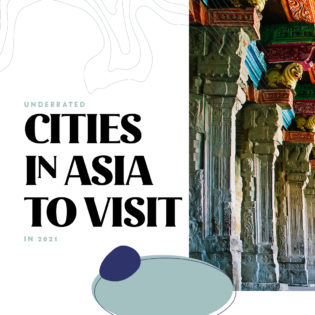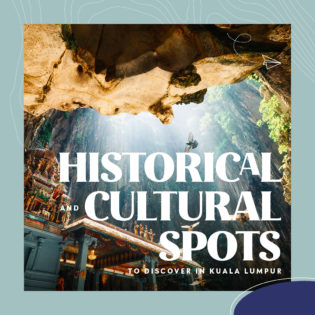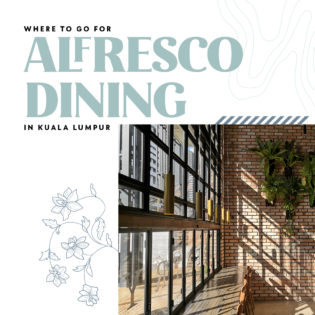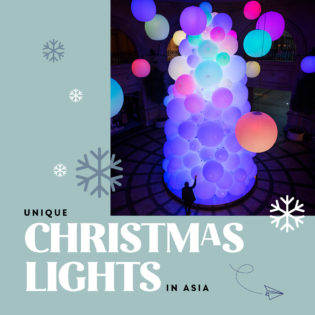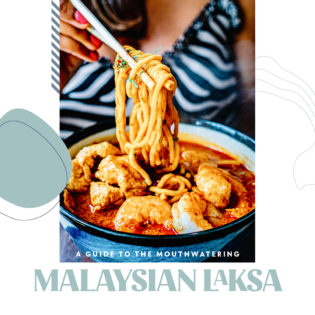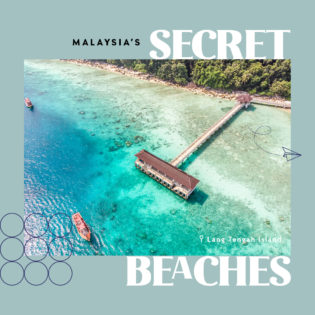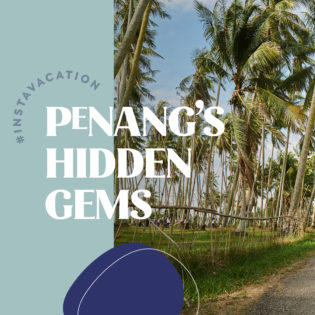Multi-label stores offer new shopping experience
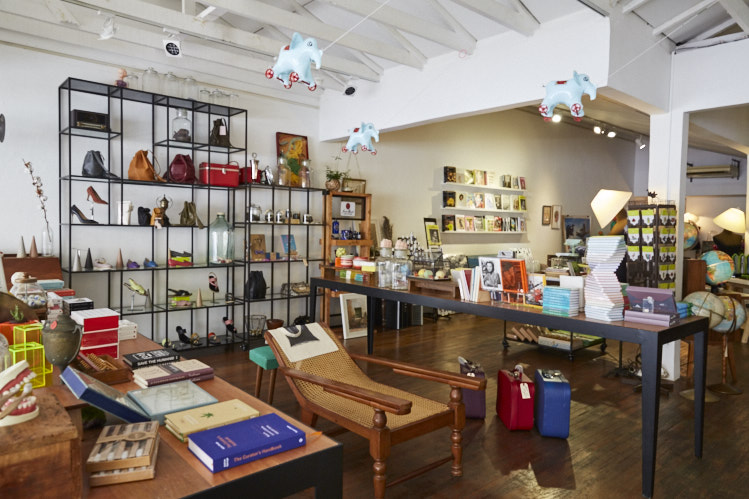
While fast fashion megastores are a staple amongst consumers who want access to the latest runway trends, multi-label stores selling curated items have mushroomed in recent years in Southeast Asia. What big-name brand stores offer – quick, cheap and easy selections, these smaller concept stores do the opposite: specially selected options that are often not found anywhere else.
Concept store owners really take the time to craft a better experience for their customers by carefully selecting and purchasing decorative artworks and showpieces to furnish their stores. Their prices tend to be dearer too but there is a sense of exclusivity to owning a piece from a multi-label store since most of the items are likely by local designers and are available in limited quantities.
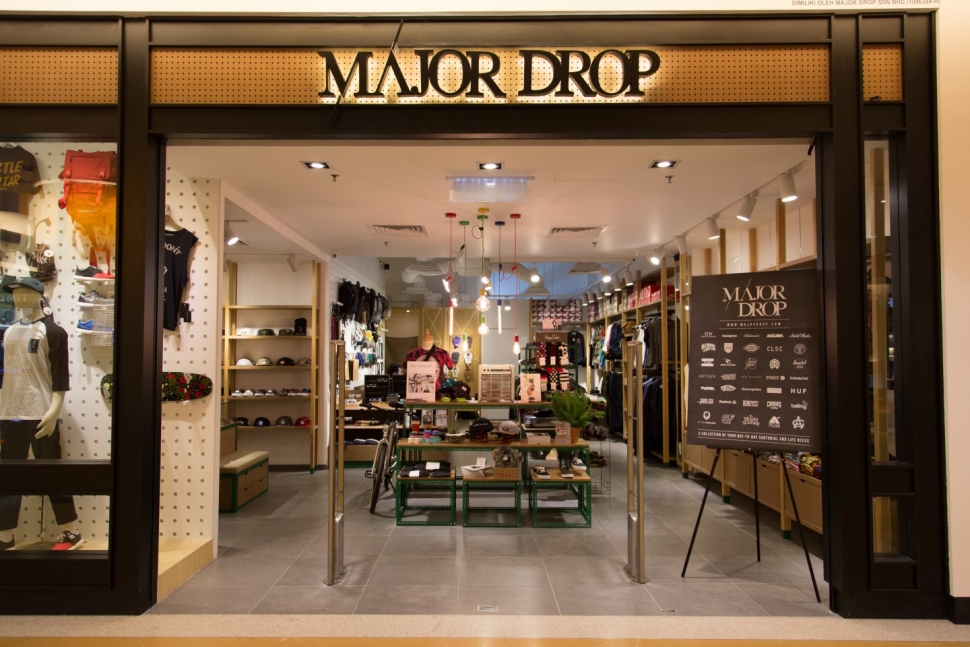
It is this understanding and attention to detail that make multi-label stores stand out. Lim Sheng Feixiang, Head of Sales and Marketing and Distribution at streetwear store Major Drop, says multi-label boutiques have variety and options, which keep customers interested. “It is the ability to relate to our audiences from a variety of aspects, not just from fashion. It is a lifestyle that connects; whether it is music, art, or events, a multi-label store needs to anticipate and grow communities to stay relevant to ensure longevity.”
Located in the Sunway Pyramid mall in Petaling Jaya, Major Drop specialises in streetwear and lifestyle brands from all over the world. Inspired by stores such as Urban Outfitters in the U.S., the shop curates and stocks brands that are emerging or in demand but aren’t readily available in Asia. One can find men’s and women’s clothing, shoes, watches, eyewear and accessories from labels such as Bellroy that has beautifully crafted leather wallets from Australia, and history-rich L.A. label The Hundreds, which has a huge cult following in the U.S. Another popular label is Publish, also from the U.S., whose clean lines in casual cuts and jogger pants are easy to match.
The wide range of styles available in the store and online means that customers who drop by are the sort who are interested in street culture, are style-conscious and know their stuff. “These guys know what they want and have done their research online on what the brands represent and mean to them,” says Lim. “It takes perseverance and patience to allow the brand name of multi-label stores to become popular among the masses. Always looking out for new designs and keeping up-to-date with trends are factors to ensure longevity.”
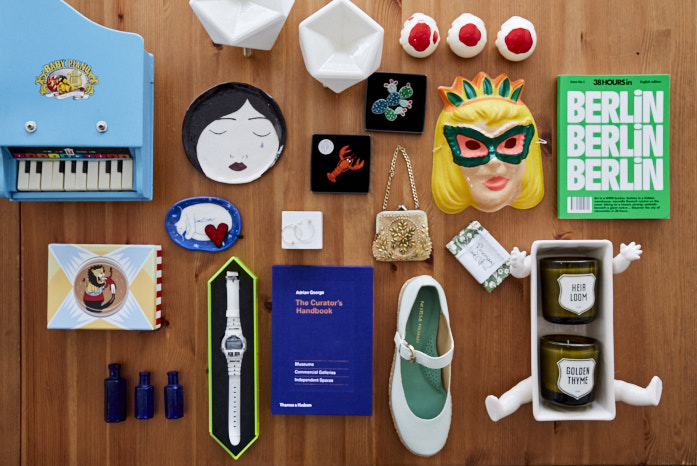
In the trendy, upscale neighbourhood of Bangsar, Kuala Lumpur, is Snackfood. The quirky name of the store itself catches the attention of any passerby. Co-founder and Chief Curator Adeline Chong attributes the name to the nostalgic notion of eating snack food as a child. Together with co-founder Khoo Wei Yeng, who is in charge of finance and operations, they bring a light and playful spirit to every item in the store. Many of the shoes, bags, jewellery, stationery and decorative items for sale evoke a vintage feel with a modern twist.
“Our initial collection started out with vintage childhood objects – stationery, random tchotchkes and decorative kitsch objects,” says Adeline. “In 2014, Snackfood expanded its range to include modern designers. I am immensely drawn to designs that possess characteristics of natsukashii (feelings of nostalgia for the past). Essentially, I desire for the spirit of discovery to exude from the store. I want people to discover new or nostalgic feelings at Snackfood – be it an idea or a pleasure.”
And pleasant, nostalgic feelings are definitely present when one is in the store. Standout items include former engineer and now shoemaker Nelissa Hilman’s range of flat and heeled shoes in classic designs and in a variety of shades, and more recently, The Straits Finery, a delicately minimalist jewellery brand.
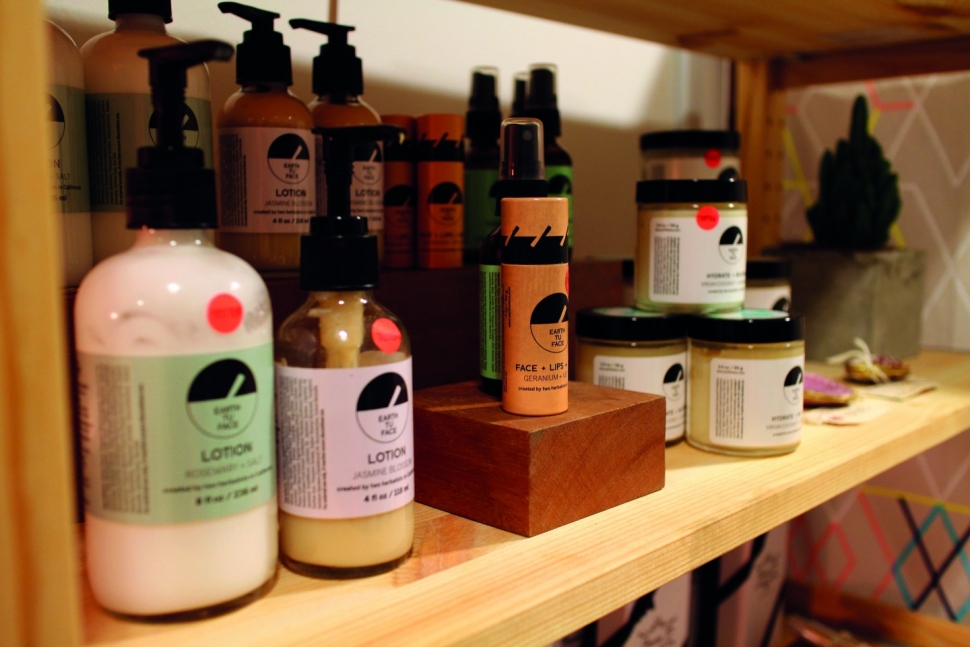
In Singapore’s Wheelock Place, the two levels of stylish wooden space decorated with handmade displays and elements of reclaimed materials are where Threadbare & Squirrel call home. Their style is what co-owner Adrian Ang describes as “thoughtfully curated goods that are honest”.
“We carry goods from independent labels and designers that have a unique point of view and a story to share, either in their designs or the brand’s DNA itself. We serve as a platform to showcase their stories,” he says.
It started out with wanting a shopping experience different from the regular malls and chain stores and loving how independent retailers in London and other parts of the world operated. “We wanted none of the coldness and snobbishness associated with ‘fashion’ stores,” explains Ang. “We just had a genuine desire to showcase some amazing stuff and hope people like what we have curated.”
Threadbare & Squirrel wants to challenge customers to think beyond mass brands but also to support local labels. It offers a wide range of items at different price points from designers such as Singaporean Gin Lee, who creates clean, lightweight pieces; Max Tan, whose tailored and unexpected silhouettes are a standout; and Cavalier, with its quirky designs for stylish tots.


